After all the labour pain that a woman undergoes during childbirth, the postnatal period is considered to be important, particularly during the first 40 days after the delivery. Family members suggest what should be the diet and what needs to be avoided during the time.
However, understanding what you need to eat and designing a well-balanced diet add value to your health in the long run. They tell not to consume butter or margarine during the postpartum times because they can impair the healing of scars whereas the elders at the household advise consuming Ghee as a postpartum food in order to rehydrate the body.
Desi Ghee or clarified butter has more advantages over butter as it is obtained by heating the butter in a low flame for a shorter period of time which helps it to retain only the required fats and milk solids which helps in nourishing the body of the mother as well as the baby. Ghee contains various nutrients like proteins, fats, and vitamins in the optimum amount required for healing.
Read More : Benefits of Drinking Warm Water with Ghee Empty Stomach
The ghee prepared by the traditional Vedic method as prescribed by Ayurveda retains all the medicinal and healing properties that will help our body to heal and also helps in maintaining harmony between the mind and body by boosting the production of oxytocin hormones which in turn helps to prevent that strung out, weird feeling. Ghee is excellent for rehydrating and nourishing postpartum foods.
Your body needs a good proportion of iron, calcium, carbohydrates, fats, and proteins. The right meal planned post-delivery will build stamina for the rest of your life. Ghee for new mothers is added in almost every item — from laddus to rotis and homemade snacks and sometimes even in milk. According to elders is consumed to the bones, body and mind.

Buy cow Ghee Online: Order Now. Free Shipping
From an Ayurvedic perspective, good fats are grounding, juicy and nourishing for new mums. Good fats are sattvic, meaning they promote harmony and balance in the mind, and they help new mums to relax and sleep more deeply.
Interestingly modern science has found that eating fatty food also stimulates the release of oxytocin in the brain, which is why we feel relaxed and comforted by fatty foods, and why good fats are considered essential postpartum food.
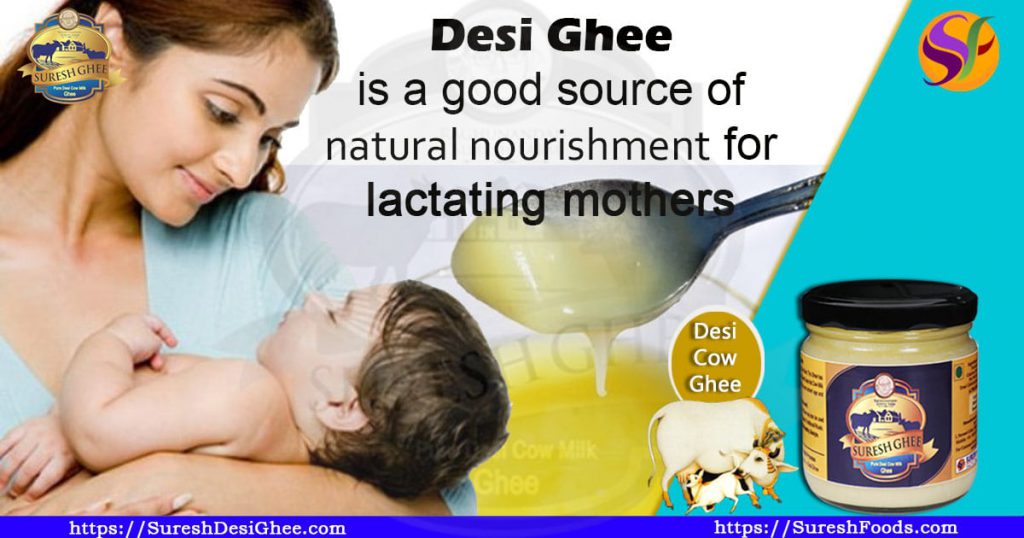
The reason fatty foods are such a problem today is because of the way they are processed. Avoid any fats that are hydrogenated, homogenised or deep-fried including trans fats and margarine.
Benefits of Ghee for New Mums:
- Ghee is considered Sattvic in Ayurveda
- Promote harmony and balance in the mind
- Ghee increase Ojas.
- Ghee is sweet, cooling and increases digestive fire.
- Suggested for lactating mothers (feeding mothers)
- It aids digestion and is cleansing and healing.
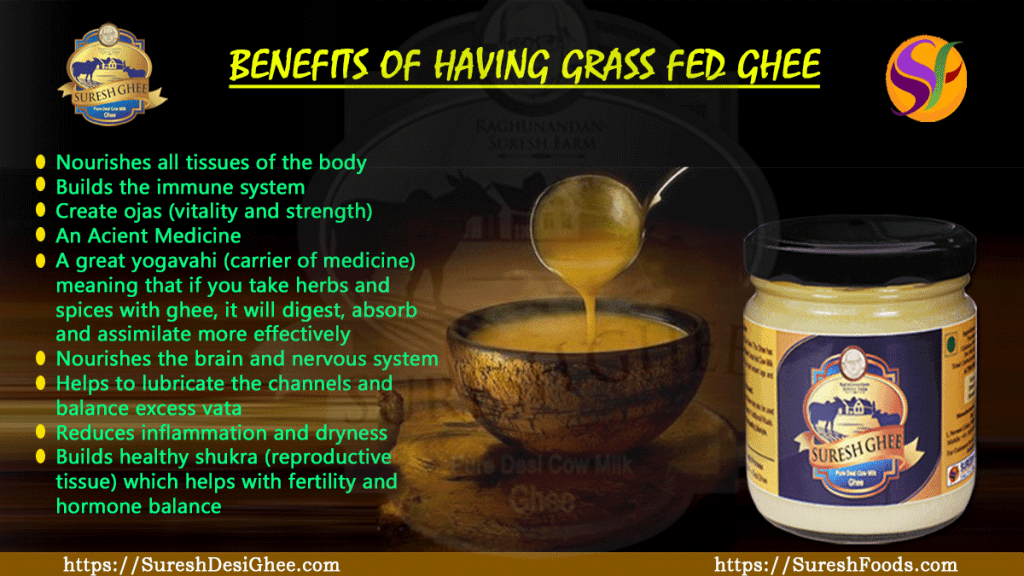
Ayurveda considers Ghee nectar, ambrosia, one of the finest foods we can eat. Here’s why:
- Ghee’s balance of elements (earth, air, water, space, fire) is very similar to ojas, the juiciness or sap of life that gives us strength and immunity.
- Ghee is sweet, cooling and increases digestive fire.
- Ghee is excellent for nourishing and rehydrating your body and helps you make breast milk. It also helps prevent that strung out, wired feeling.
- It is strengthening, satisfying and soothing. It aids digestion and is cleansing and healing.
Ghee should only be consumed in small amounts after delivery. Here are a few advantages of eating ghee after delivery:
- Ghee is packed with various fat-soluble nutrients that support the growth of cells, bone development, teeth maintenance, wound healing, immunity-boosting, blood clotting and so on.
- The omega-6 fatty acids present in ghee is known as conjugated linoleic acid or CLA. CLA helps control heart problems. It also lowers the levels of body fat as well as blood sugar. Finally, CLA can be converted to DHA, another extremely important fatty acid.
- Vitamin A in ghee maintains eyesight and strengthens vision.
- Consuming ghee after pregnancy can help reduce problems such as constipation and indigestion.
- Ghee is also a known ayurvedic remedy for headaches, migraines, and so on.
- Consuming ghee after C-Section helps speed up metabolism, allowing you to stay energetic for longer.
- Ghee is rich in a short-chain fatty acid called butyric acid, which is believed to have anti-cancer and immune-boosting properties.
- Ghee behaves as an internal moisturiser, that is, the phospholipids present in it lubricate the cells and tissues in the body.
How to Include Ghee in Your Diet
There are various ways in which can you can incorporate ghee in your daily diet:
- Mix one teaspoon of ghee in your morning cereal, or in a fruit blend or milkshake.
- You can eat it directly, but limit it to one to two teaspoons a day.
- You can add one tsp ghee into your coffee or tea, as a cream replacement.
- You can use ghee instead of butter to flavour vegetable dishes.
- Ghee can also be used along with honey in fruit salads.
- You can make chapatis with ghee instead of oil.
Read More : Foods That Help Combat Anxiety
It takes around four to five weeks to recover fully after a delivery. To speed up your recovery, you should take the utmost care of your diet during this time. It is important that you eat well-balanced meals that include protein, healthy fats, complex carbohydrates, vegetables, and fruits. Also, remember to drink sufficient water to keep you hydrated throughout the day.
Ghee while breastfeeding: how does ghee help?
Implementing a diet supplemented with ghee at the time of breastfeeding is a wise option. According to Ayurveda research, opting for ghee into the postpartum diet is mostly suggested for encouraging the well-being of lactating mothers. The introduction of ghee in one’s meal at the time of this period harnesses several benefits:
- Improved Milk Secretion: Ghee regulates the mammary gland, stimulating increased milk production. Such assures that the mother is able to provide enough breast milk for her baby.
- Natural Moisturization: Ghee plays an important role as a natural moisturizer by shielding from dryness through locking in moisture within the body tissues which not only nourishes the skin but also encourages to maintain optimal stamina levels.
- Improved Digestion: The intake of ghee encourages effortless digestion and aids in managing complications such as acidity, flatulence, and bloating which, in turn, embraces the overall well-being of the lactating mother.
- Energy Boost: Ghee consists of a rich source of calories, granting a notable boost to energy levels. Incorporating ghee during the breastfeeding diet assists mothers sustain the required energy levels needed for the challenging task of caring for their infants.
- Balanced Nutrition: Implementing ghee into the meal while breastfeeding supports managing a coordinated balance within the body, embracing the complete health and vitality of the mother.
Ghee plays an important role in increasing breast milk production, it delivers an important part in revitalizing the postpartum phase for mothers. Opting for a diet that involves ghee can significantly embrace the health and vitality of breastfeeding mothers.




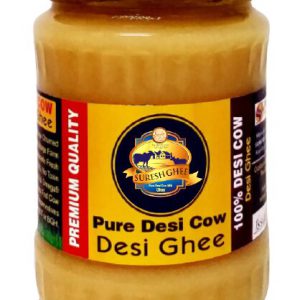
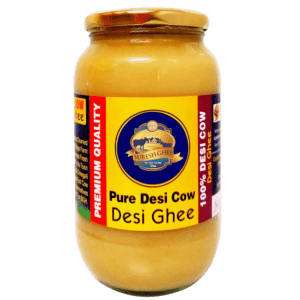
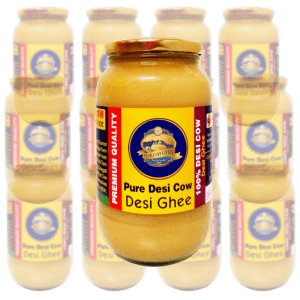
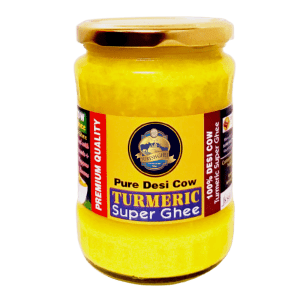
 WhatsApp us
WhatsApp us
Naveen m...